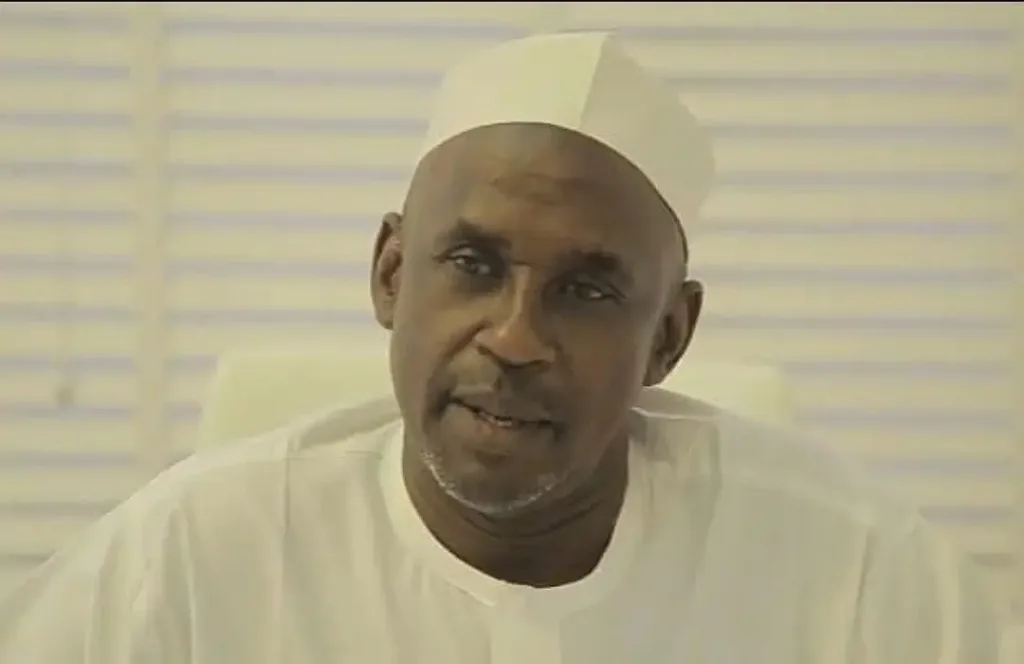Nigerian political analyst Mahdi Shehu has issued a stark critique of the country’s governance, describing its political system as a profit-driven enterprise that offers little hope for meaningful reform. Speaking in a Tuesday interview, the public affairs commentator asserted that Nigeria’s political parties lack ideological distinctions, with power dynamics revolving entirely around access to control rather than policy differences.
“What we have is effectively one party disguised under different names,” Shehu argued, referencing the frequent defection of politicians to the ruling party after elections. He cited the mass migration of members from the opposition Peoples Democratic Party (PDP) to the All Progressives Congress (APC) following the PDP’s electoral defeats as a prime example. “The moment a party loses power, its members abandon ship. This pattern reveals a system focused on personal gain, not public service,” he stated.
Shehu emphasized that Nigeria’s political class shares homogeneous backgrounds and motivations, leaving ordinary citizens with limited influence. “These leaders operate with identical mindsets—citizens become tools for securing power, not partners in governance,” he said. Despite this bleak assessment, he urged voters to participate in elections, framing civic engagement as a moral duty. “Refusing to vote and then criticizing poor leadership is self-defeating. Fulfill your role, then hold leaders accountable,” he cautioned.
His remarks arrive amid persistent public frustration over Nigeria’s economic challenges, security crises, and perceptions of entrenched corruption. Analysts note that party defections have become routine in Nigerian politics, with the APC absorbing prominent PDP figures since its rise to power in 2015. Critics argue this trend undermines democratic accountability and reinforces a winner-takes-all system.
While Shehu’s comments resonate with widespread skepticism about Nigeria’s governance, they also highlight broader debates about voter agency in flawed democracies. His call for pragmatic participation—despite systemic shortcomings—reflects a recurring tension between idealism and realist strategies in politically fragmented societies. For Nigeria, Africa’s most populous nation and largest economy, addressing these structural issues remains pivotal to stabilizing its democracy and unlocking developmental progress.
